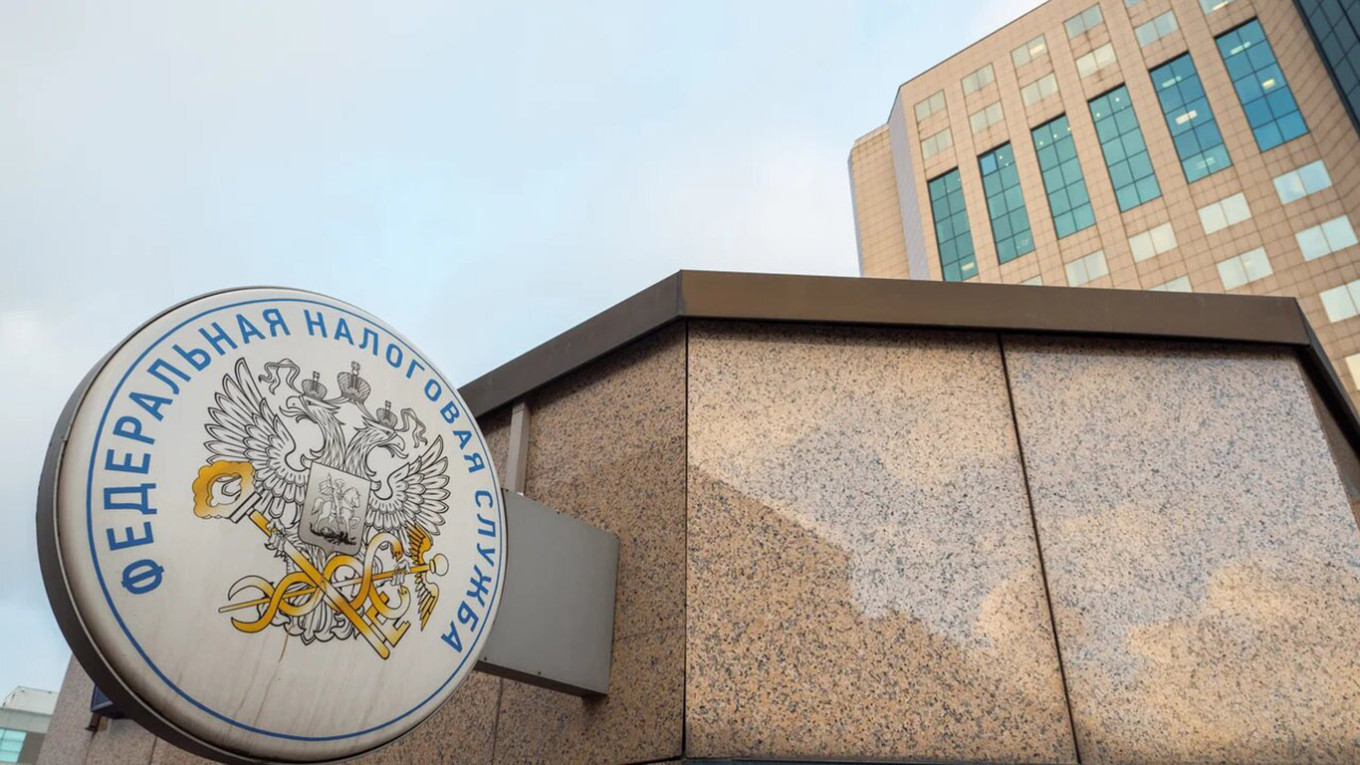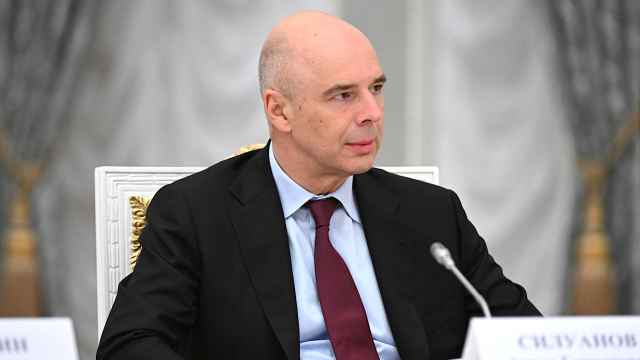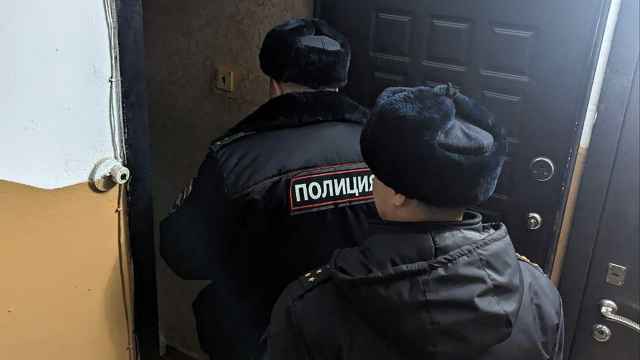Russian lawmakers have approved legislation that will allow tax authorities to recover debts directly from citizens’ bank accounts without a court order, expanding the state’s power to collect unpaid taxes from individuals, the state-run TASS news agency reported.
The bill, passed by the State Duma on Thursday, now awaits approval from the upper-house Federation Council and President Vladimir Putin. If signed into law, the new procedure would take effect on Nov. 1.
Currently, Russian tax collectors can bypass courts only when recovering debts from businesses and individual entrepreneurs.
The new legislation extends this authority to private individuals, enabling tax officials to withdraw funds directly from personal accounts to cover unpaid personal income, transport and property taxes, as well as fees and insurance contributions.
Individuals would still have the right to challenge repayment demands within 30 days to block automatic withdrawals.
If accounts lack sufficient funds, bailiffs would be authorized to seize other personal assets, legal experts said.
Russia’s Finance Ministry, which drafted the measure, estimates the law could generate an additional 22.5 billion rubles ($287.5 million) for the state budget.
Nikita Chaplin, a member of the Duma’s Budget and Taxes Committee, said that the changes will streamline tax collection and reduce the burden on the court system.
The initiative has drawn criticism from deputies from the Communist and liberal New People parties, who argue that it violates constitutional rights, according to the Faridaily newsletter.
Olga Anufrieva, deputy head of the Duma’s Budget and Taxes Committee, dismissed opponents of the bill as “armchair experts,” and said the reform would help both the economy and judicial protection for debtors.
Financial analysts warn the shift to automated, extrajudicial collection could lead to errors and harm ordinary citizens.
“There’s a risk of indiscriminate, automated decisions that fail to consider individual circumstances,” said financial analyst Vladimir Chernov.
According to Anufrieva, around 23 million Russians, nearly a quarter of the working-age population, currently owe taxes.
A Message from The Moscow Times:
Dear readers,
We are facing unprecedented challenges. Russia's Prosecutor General's Office has designated The Moscow Times as an "undesirable" organization, criminalizing our work and putting our staff at risk of prosecution. This follows our earlier unjust labeling as a "foreign agent."
These actions are direct attempts to silence independent journalism in Russia. The authorities claim our work "discredits the decisions of the Russian leadership." We see things differently: we strive to provide accurate, unbiased reporting on Russia.
We, the journalists of The Moscow Times, refuse to be silenced. But to continue our work, we need your help.
Your support, no matter how small, makes a world of difference. If you can, please support us monthly starting from just $2. It's quick to set up, and every contribution makes a significant impact.
By supporting The Moscow Times, you're defending open, independent journalism in the face of repression. Thank you for standing with us.
Remind me later.






